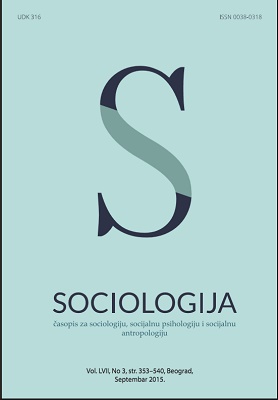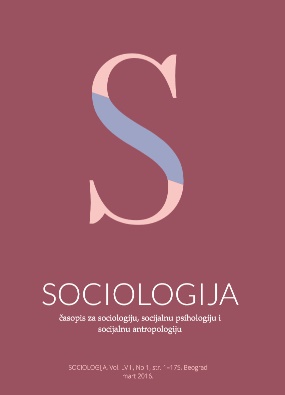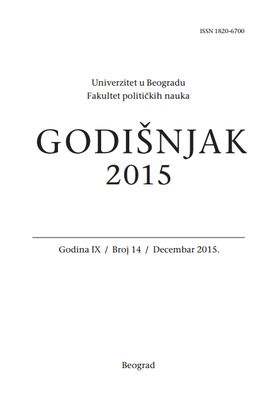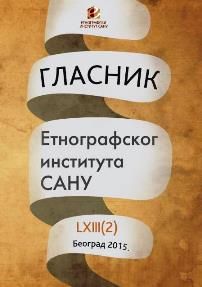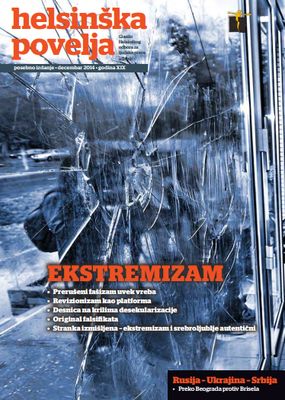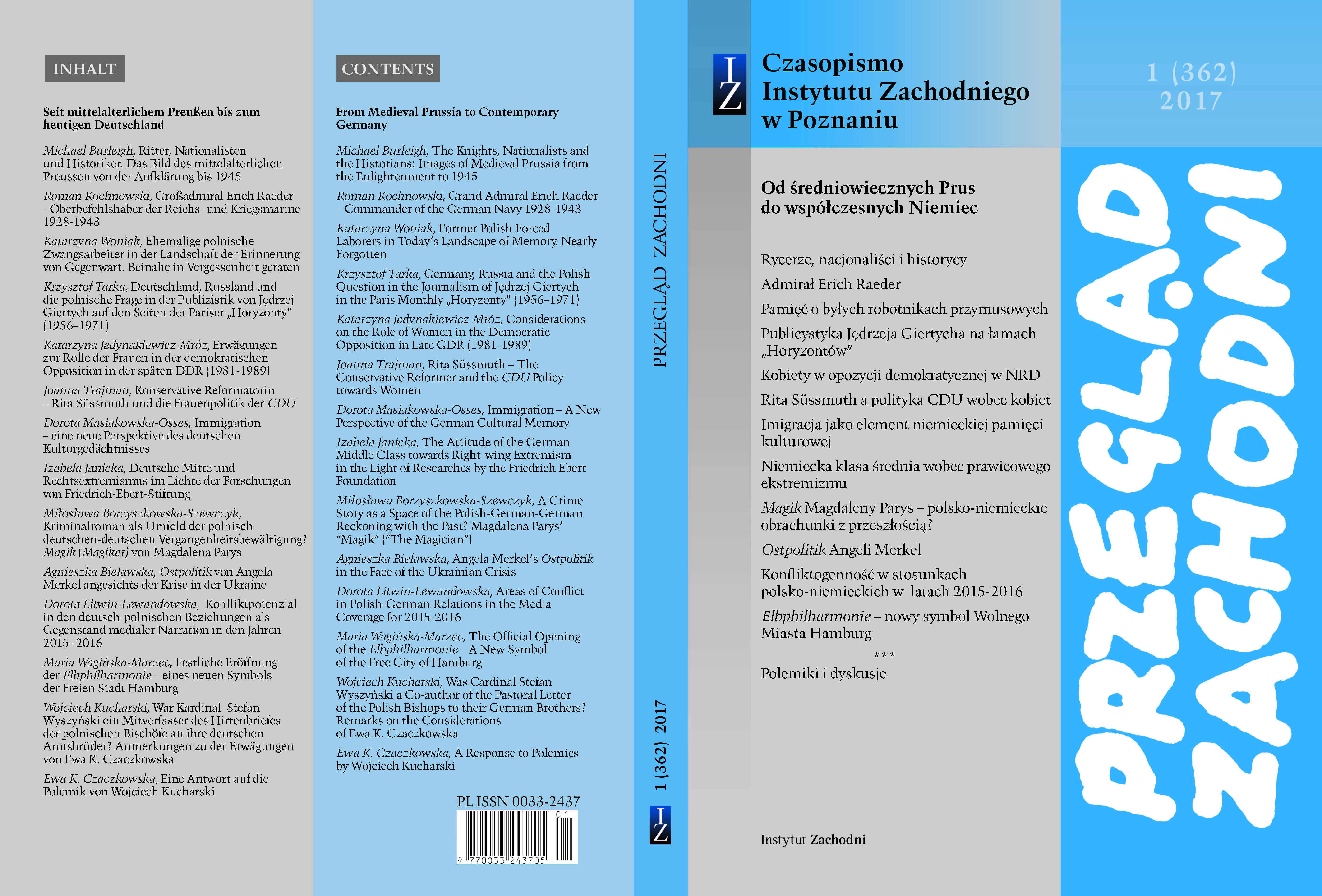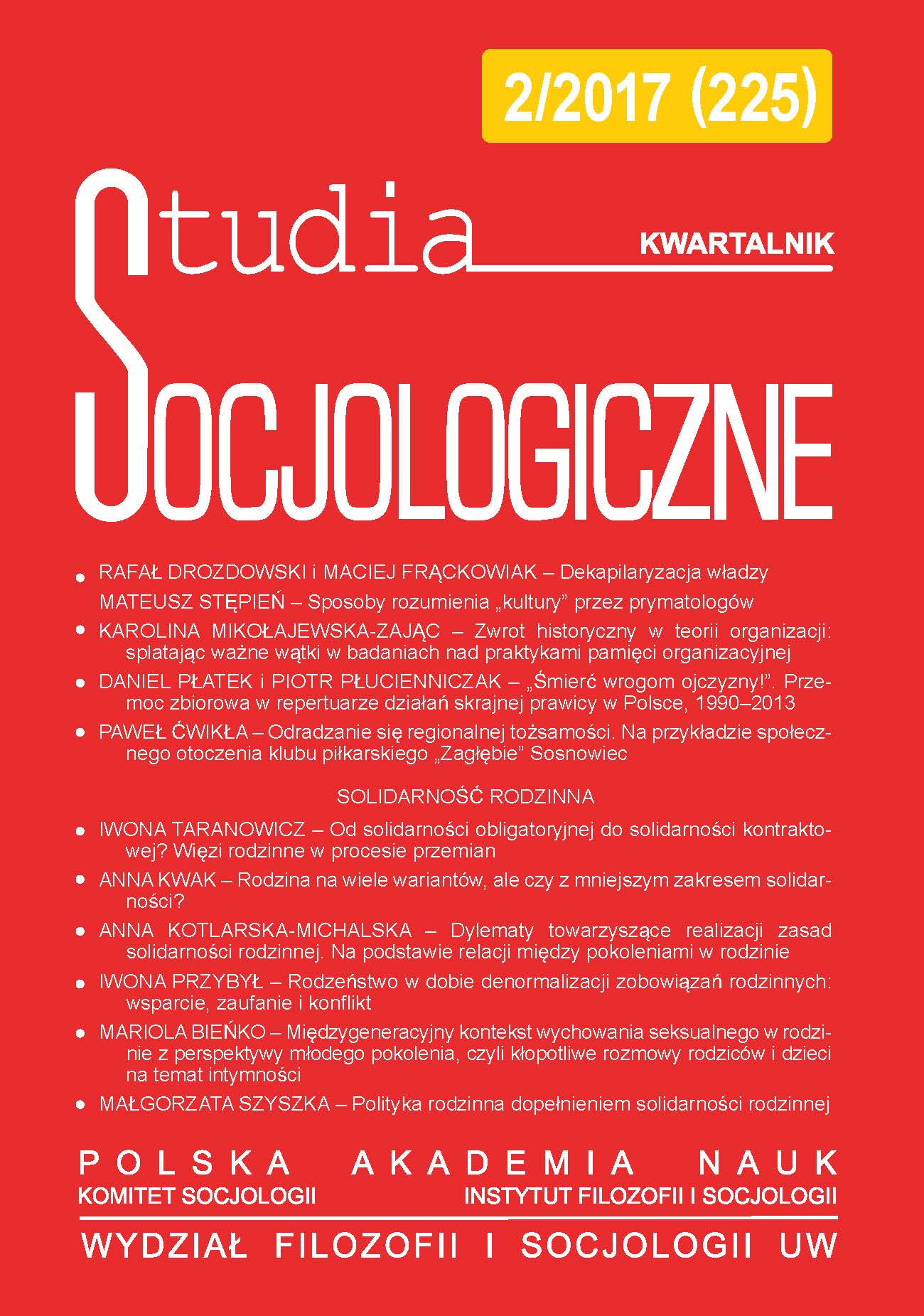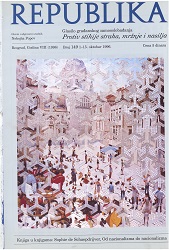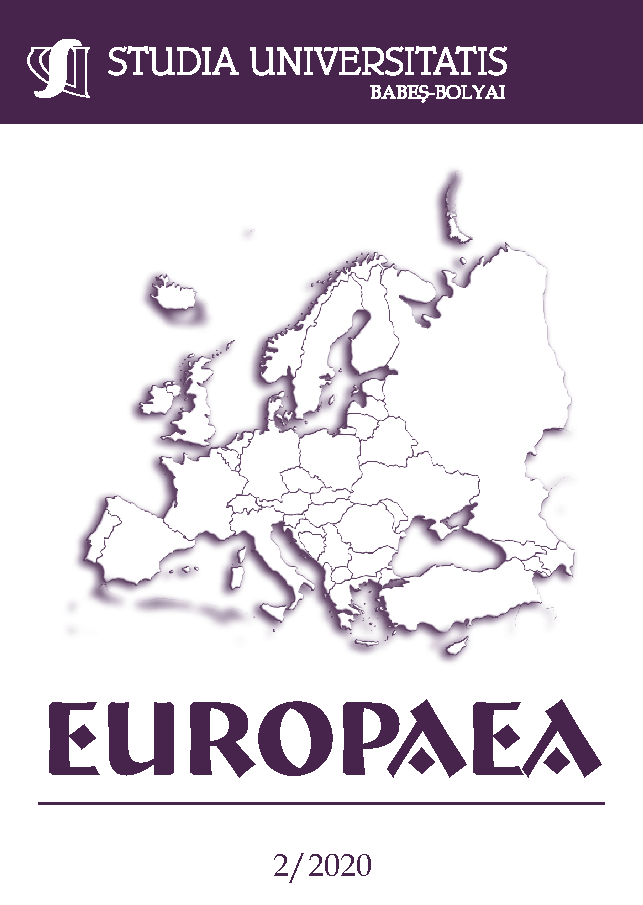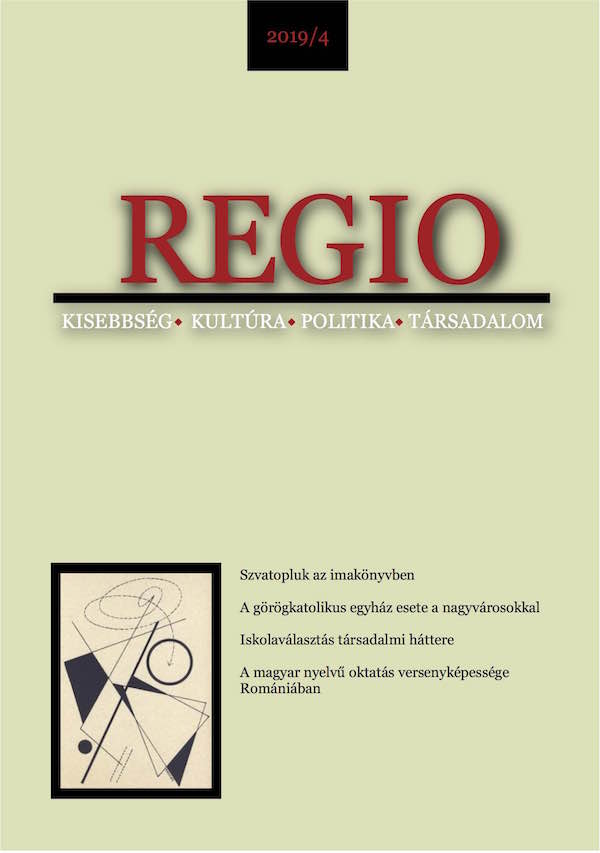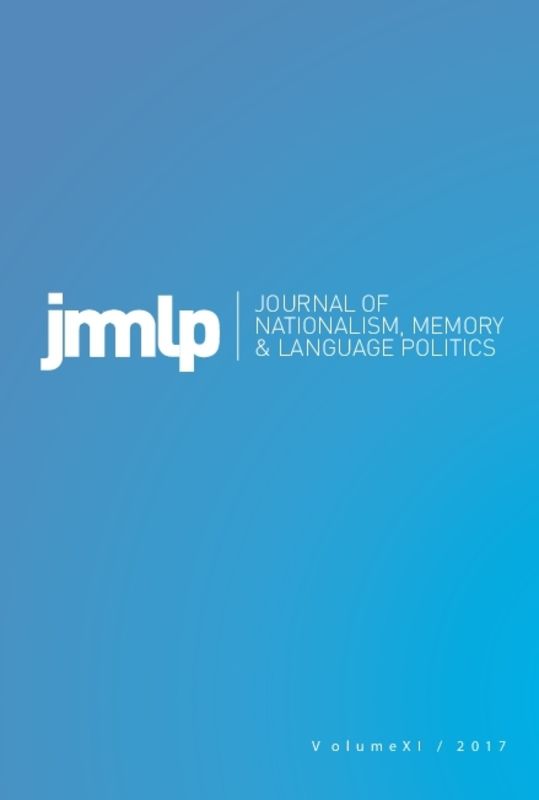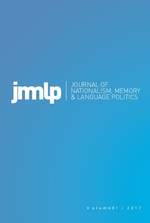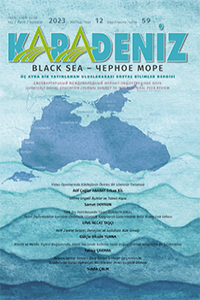НЕУХВАТЉИВА СУШТИНА ПОПУЛИЗМА: СТРУКТУРА ПОПУЛИСТИЧКЕ ИДЕОЛОГИЈЕ У ХОЛАНДИЈИ
This paper provides a detailed study of Dutch public opinion data in order to establish to what extent there are elements of an organized ideological structure that could be termed ‘populist’. The first part of the paper examines the relationships among several of the typical attributes of populism, such as ethnocentrism, economic redistribution, and anti-elitism are analysed. The goal is to examine to what extent these attributes tend to converge towards a higher-order populist ideology. The second part of the paper examines the added explanatory value when populist attributes are entered as predictors of party preferences, in addition to variables operationalizing the traditional politics. Attitudinal profiles of supporters of populist parties from the opposite sides of the ideological spectrum are compared. Finally, attitudinal roots of populist parties’ preferences are compared against those of the mainstream, established parties. The outlined problems are examined using data from the Dutch Parliamentary Election Studies (DPES). The results provided no evidence for the existence of a more general, substantively grounded populist ideology, only for the thin populist core, containing various indicators of political alienation and anti-elite orientation. With regard to the ideological content, the findings suggest that, in Dutch public opinion, populism equals right-wing populism. Furthermore, no support is found for the claim that anti-elite ‘core’ is a common ideological ground that unites supporters of left- and right-wing populist parties. Finally, the ‘thin ideological core’ of populism proved inconsequential for understanding party preferences in the Netherlands, whether populist-labelled or otherwise.
More...
